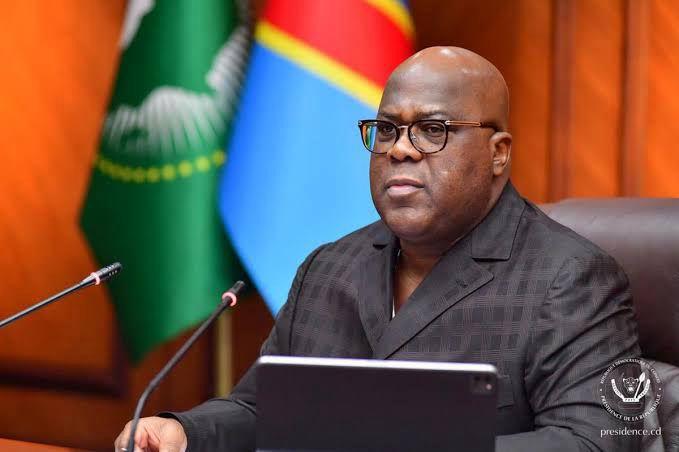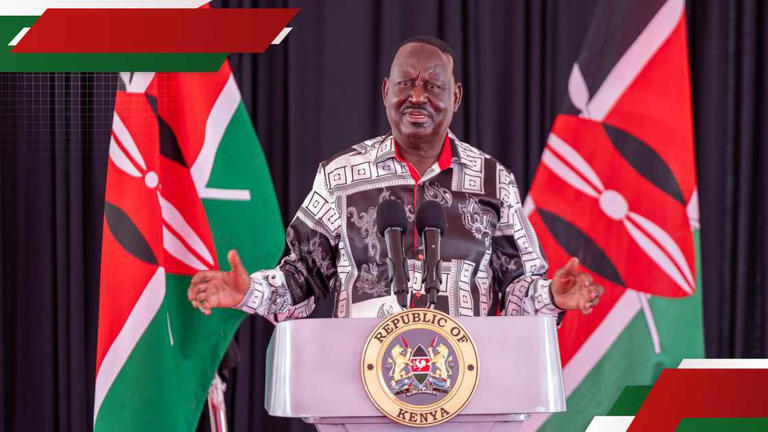The Democratic Republic of Congo has stepped into uncharted territory once again. A military tribunal has sentenced former president Joseph Kabila to death; a ruling that ripples far beyond the courtroom. Officially framed as an act of justice, it is in reality entangled with political rivalry, fragile national cohesion, and the balance of regional stability.
In Congo today, the death penalty has been weaponized. It no longer serves as a deterrent to crime but as a bargaining chip in high-stakes politics. This grotesque choreography has become the hallmark of President Félix Tshisekedi’s governance.
And now, Joseph Kabila; who ruled the country for nearly two decades; has been cast as the latest actor in this theatre of power.
The Script: Condemnation Before Dialogue
Tshisekedi’s political playbook is increasingly predictable. Rivals are accused of treason, sentenced to death, and branded enemies of the state; only to reappear later as negotiating partners when the regime runs out of options.
Corneille Nangaa and Bertrand Bisimwa, both once condemned for their roles in the AFC/M23 rebellion, now sit across the table in Doha shaping peace agreements with Kinshasa. The irony is glaring: Congo’s path to dialogue begins not with reconciliation, but with a death warrant.
Kabila’s sentencing fits neatly into this script.
The Charges Against Kabila
Le tribunal a accusé Kabila de conspiration avec la rébellion AFC/M23, soutenue par le Rwanda, citant des témoignages d’anciens alliés. Les chefs d’accusation; trahison, crimes de guerre et collaboration avec les rebelles qui ont pris Goma et Bukavu; étaient passibles de la peine la plus lourde : la peine de mort et une amende exorbitante de 33 milliards de dollars.
Pourtant, des incohérences flagrantes pèsent sur le procès. Kabila a été jugé par contumace et condamné en grande partie sur la base de témoignages contestés. Human Rights Watch et les analystes congolais ont tous deux qualifié cette affaire de « procès-spectacle », dépourvu de preuves crédibles et des garanties procédurales les plus élémentaires.
Si la justice était vraiment l’objectif, pourquoi lui refuser un procès équitable ? La réponse, semble-t-il, relève moins du droit que du pouvoir.
The Politics of Elimination
For Tshisekedi, Kabila is not just a former head of state; he is a rival with deep networks, political capital, and symbolic influence. His quiet reemergence in public discourse earlier this year, coupled with his presence in Goma and Bukavu for consultations, unsettled the presidency.
By stripping Kabila of immunity and rushing him through a politicized trial, Tshisekedi has sought to neutralize him. But this is less about justice for Congo’s victims than about asserting dominance in an increasingly fragile political arena.
It raises a troubling question: can a democracy survive when its courts are turned into weapons of political warfare?
The Risks of Death Row Diplomacy
This ruling carries risks that extend well beyond Kinshasa’s walls.
- Undermining Peace Talks: If leaders sentenced to death today become negotiating partners tomorrow, what credibility do current talks in Doha retain?
- Deepening Political Division: Kabila still commands loyalty across large swathes of the country. His supporters see the trial as persecution, which could inflame unrest and destabilize fragile institutions.
- Exposing Double Standards: Tshisekedi demands accountability from rivals while scandals, failed reforms, and Human rights abuses continue unchecked within his own administration. Selective justice is not justice; it is politics masquerading as law.
The Counter-Argument: Congo’s Long-Awaited Accountability
Tshisekedi’s defenders argue that Kabila is no victim. His 18-year reign was marked by corruption, flawed elections, and brutal crackdowns. Calls for accountability are not new; international observers have long demanded investigations into his record.
And yet, even if accountability is overdue, it cannot come through selective trials or political vendettas. Justice that is unfair, inconsistent, and opaque only fuels the wounds it claims to heal.
A Dangerous Precedent
History shows that leaders who weaponize courts against rivals rarely win in the long run. France tried to erase De Gaulle through trials, only for him to emerge as a unifying figure. Brazil imprisoned Lula da Silva, only for him to return as president.
Congo risks repeating this pattern. By seeking to erase Kabila, Tshisekedi could unintentionally transform him into a martyr and a rallying point for an already fractured opposition.
As one analyst observed: “When politics enters the courtroom, justice leaves through the window.”
Regional Repercussions
The DRC’s instability is never confined within its borders. Kabila’s death sentence reverberates across the Great Lakes region, where Rwanda, Uganda, Burundi, Tanzania, and Angola all have vested interests.
Some regional leaders see Tshisekedi’s aggressive posture as reckless at a time when military interventions are already tangled in the M23 conflict. The African Union and international partners now face a dilemma: applaud accountability, or denounce political elimination. Their response will shape Congo’s global standing in the months ahead.
Conclusion
The sentencing of Joseph Kabila is less a triumph of justice than another act in Congo’s long-running political theatre. In Tshisekedi’s Congo, the path to dialogue begins with a death sentence; a script that reduces justice to spectacle and institutions to props.
But Congo deserves better. Stability cannot be built on show trials or weaponized justice. It demands genuine reform, inclusive dialogue, and accountability that does not discriminate between friends and foes.
In Kinshasa’s strange theatre of power, today’s condemned are tomorrow’s interlocutors. Death row has become the waiting room for negotiation.
The question is not if Tshisekedi will negotiate with Kabila; but when.



Parce que dans ce pays, la justice n’est pas toujours rendue pour réparer, mais souvent pour servir. Refuser un procès équitable à Joseph Kabila, ce n’est pas une erreur de procédure, c’est une stratégie : celle de juger sans entendre, de condamner sans confronter, et surtout de marquer politiquement sans risquer le débat. Car un vrai procès, transparent et contradictoire, aurait mis en lumière des vérités que certains préfèrent taire. Alors non, la justice n’était pas l’objectif. Le symbole l’était.
Si la justice était réellement l’objectif, alors pourquoi refuser à un ancien président un procès équitable, public, et contradictoire ? Cette condamnation à mort, rendue par contumace, semble davantage répondre à une logique de pouvoir qu’à un réel souci de justice. Dans un État de droit, même les plus grands doivent être jugés avec équité, non pour leur statut, mais pour l’exemple. Or, en RDC, cette affaire révèle une vérité troublante : la justice demeure trop souvent un instrument de règlements de comptes politiques. Et tant qu’elle ne sera pas indépendante, aucune condamnation même la plus sévère ne convaincra vraiment l’opinion.